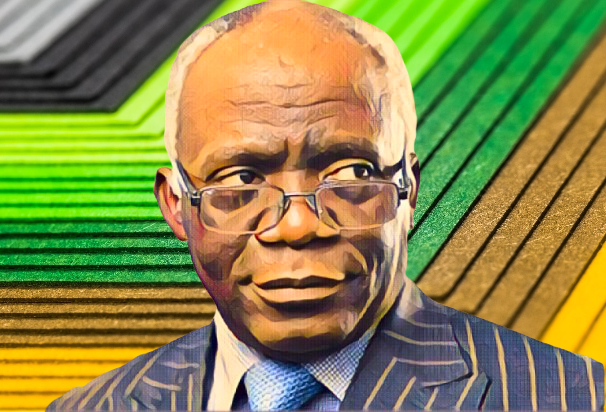KEY POINTS
- The judicial system under military rule provided lenient bail release to trespass defendants but modern courts have implemented stringent conditions for such releases.
- Unrealistic bail conditions from recent democratic cases negatively affect poor defendants seeking pretrial freedom.
- The judicial system requires specific reforms to maintain fair access to acceptable pretrial freedom procedures.
The Nigerian Constitution (1999) through Section 35 together with Article 6 of the African Charter on Human and Peoples’ Rights Act protect personal liberty by permitting bail for offenders awaiting trial.
The level of bail restrictions in Nigeria has experienced changes during different eras because military governments used to grant treason suspects softer conditions compared to the present democratic period.
During the military rule of the 1980s and 1990s prominent figures such as Dr. Beko Ransome-Kuti, Chief Gani Fawehinmi along with MKO Abiola obtained bail under favorable conditions though charged with treasonable felony.
Recent democratic governments apply burdensome bail requirements that force suspects to obtain suretyships from people who either hold valuable possessions or senior positions in the public sector.
Contradictions in democratic-era bail conditions
Modern judicial bail decisions have featured strongly improbable conditions when Omoyele Sowore received a N100 million bail in 2019 and EndSARS protesters secured N10 million bail in 2024. These bail conditions undermine the constitutional right of innocent until proven guilty as they eliminate bail possibilities for defendants who lack high net worth assets.
Expert opinions state that bail restrictions should allow fairness based on attendance needs as opposed to implementing financial terms which create unnecessary financial obstacles affecting below-average income Nigerian defendants.
The Court of Appeal ruling in Dasuki v. The DG SSS (2020) ruled that demanding top civil servants to act as sureties violated constitutional rights thus improving the need to establish equal bail regulations.
Reforming Nigeria’s bail system
The reduction of correctional facility overcrowding can be achieved through fair bail conditions administered by judges for indigent defendants. According to MKO Abiola v. FRN (1995) bail hearing petitions ought to be processed via oral procedure at trial courts. FRN (1995).
The Nigerian judicial system endangers the equality principle by giving bail freedom solely to defendants possessing wealth until the government implements necessary reforms.


